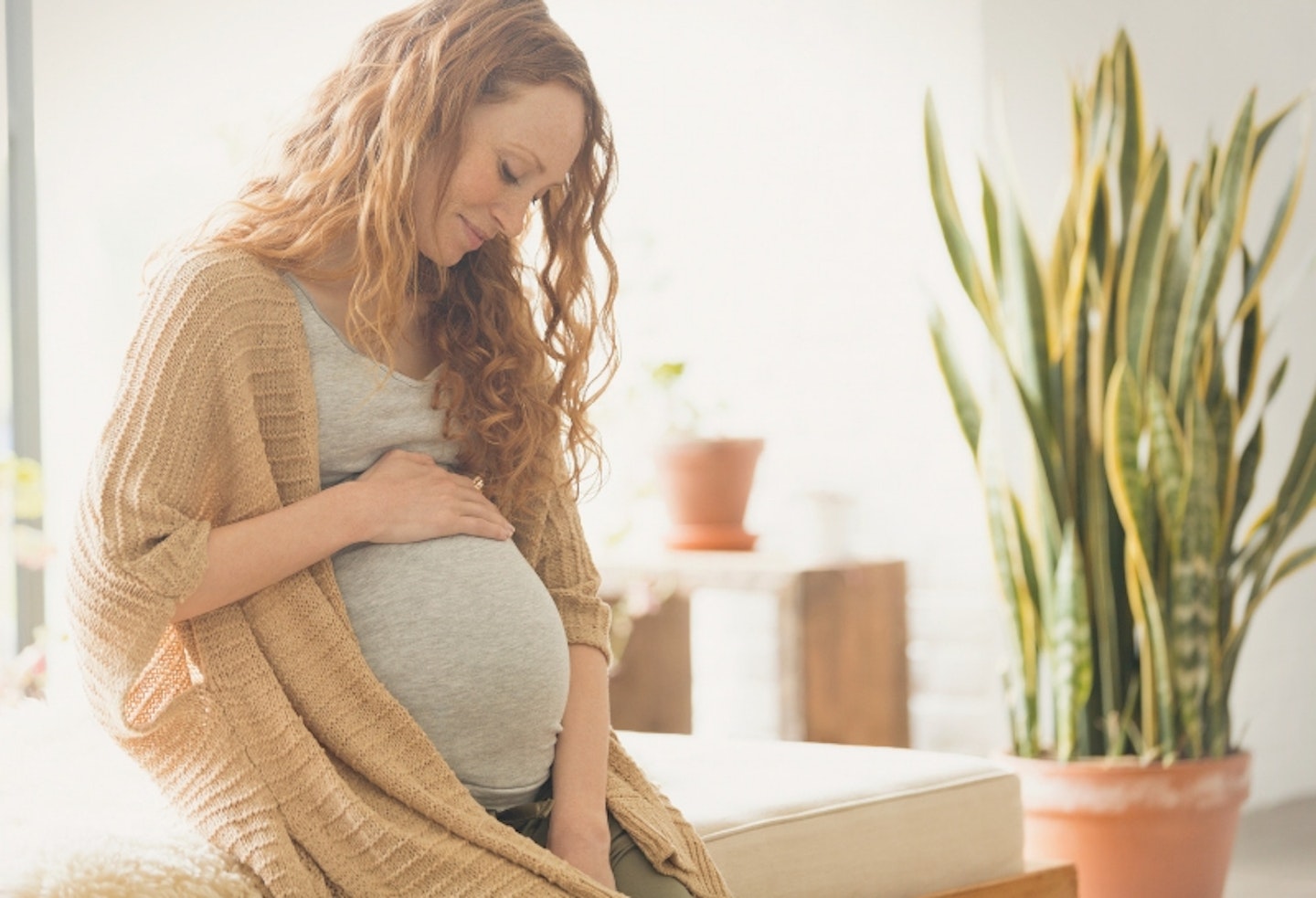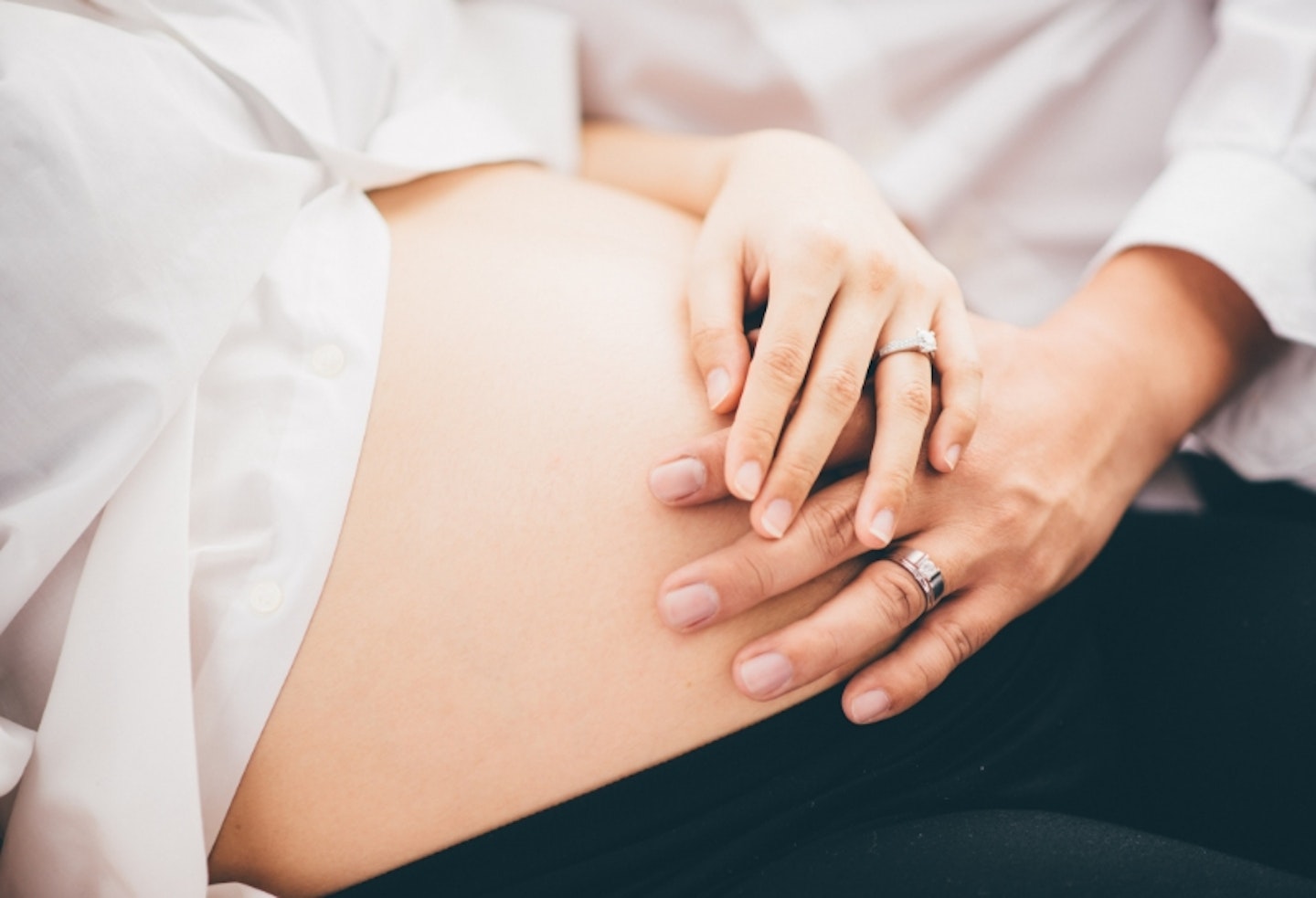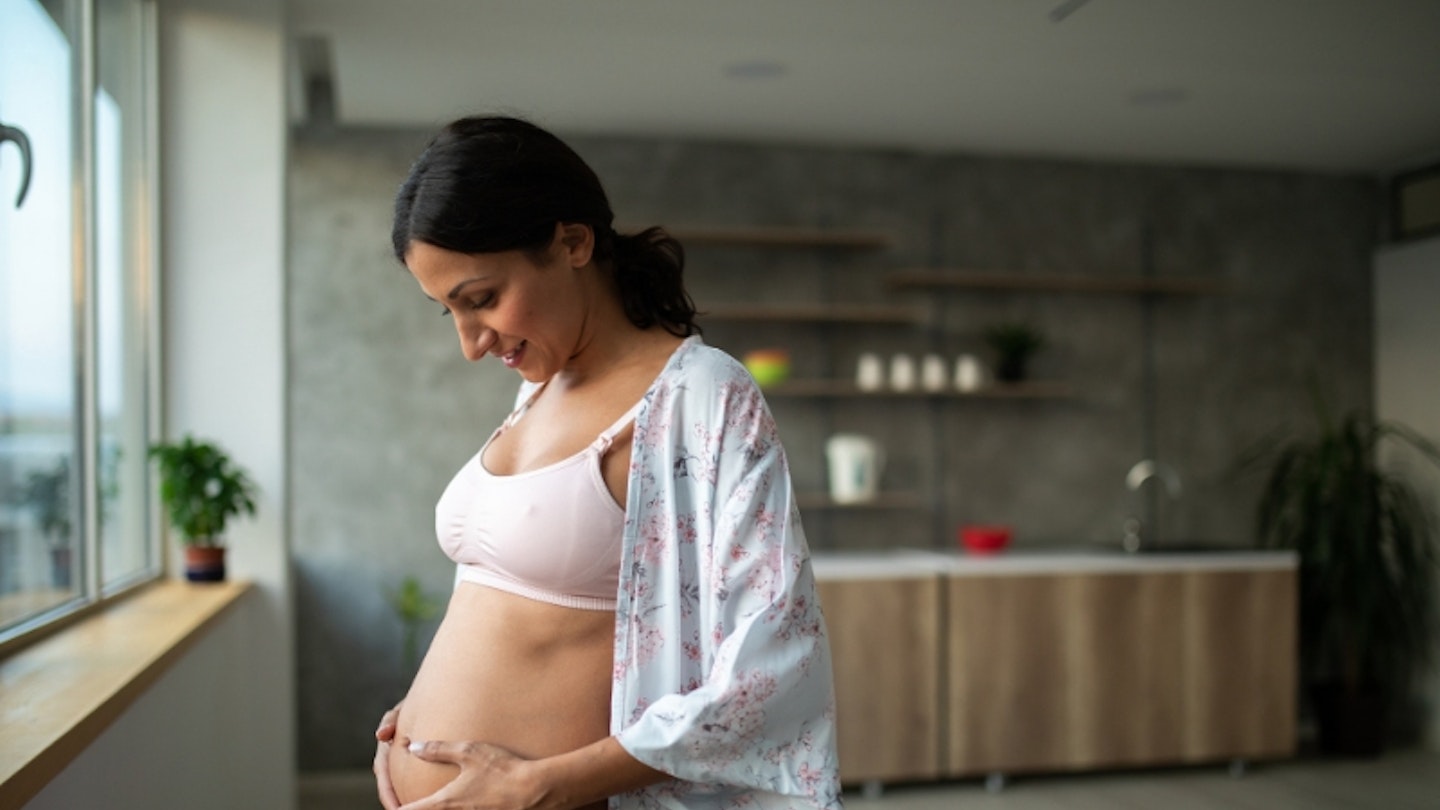From the moment you take a test and confirm you are pregnant, you are probably eagerly anticipating the growth of your bump and for that first magical kick.
Every mum-to-be knows that the first sign of movement is going to be an amazing moment. So when should you be able to feel your baby move for the first time, what are you looking out for and how often should they be moving?
When do babies start to move?
Your baby will actually begin moving a long time before you feel it. Babies start to stir and move as early as eight weeks old, but these will be very subtle stretches or wriggles.
Sometimes these light flutters, hiccups or yawns feel like bubbles popping and can be mistaken for gas or indigestion!
As your baby grows and develops, their movements gradually change and become more noticeable.
When can you feel your baby move?
Women often start to feel their baby move between 16 and 24 weeks of pregnancy. If this is your first baby, you might not notice the movements until the latter end of this time frame. Whereas if this is not your first time, you will have more of an idea of what to look out for and you will probably notice the movements sooner.
Some mums who have already had a baby can feel movement as early as 12 weeks.

Your baby's first movements probably won't feel like a kick. As we said previously, it could feel more like gas or air bubbling up. Some women describe it as a fluttering sensation. Once movements are more distinct they might feel like a kick, punch or scratch.
If you don't feel movement when you expect to, it could be for a few reasons. Some women are diagnosed with an anterior placenta, where the placenta is on the front wall of your womb because that is where the egg implanted as opposed to a posterior placenta, where it is tucked behind the uterus.
An anterior placenta is generally harmless but may mean you have to wait longer to feel your baby's movement as it acts as a cushion between your baby and the womb.
The position of the baby also has an impact. If your baby is facing inwards, towards your back you might not notice them as easily. Some women carrying extra weight may also struggle to feel movement.
The NHS recommends telling your midwife if you have not felt movement by 24 weeks as they will be able to check your baby's heartbeat and movement with a scan.
When will other people be able to feel the baby move?
Friends and family will usually be able to feel the baby's movement once you're around 24 to 28 weeks pregnant. If you desperately want to share this feeling then pay attention to when your baby seems most active to increase your chances.
Babies are often at their most active straight after you have eaten a meal. They may also appear more active at night, however, this is usually just because you are lying on your back and still. These are probably your best times to try and help baby move.
There are a few ways you can get baby to move. A light massage, drink of water and playing music might encourage movement. You can let your partner, friend or family member put gentle pressure on your stomach as this will help them feel any wriggles.
If you are unsure of putting pressure on your stomach, you can ask your doctor or midwife to show you what is suitable.

How often should your baby move?
Because you can't see what is going on inside your tummy, it is easy to worry about your baby's development. As a mum-to-be, you want to know whether or not their movement is healthy and normal.
The NHS explains that "There's no set number of movements you should feel each day – every baby is different. The important thing is to get to know your baby's usual movements from day to day."
This means, if something feels abnormal to you, don't be afraid to contact your doctor or midwife straight away. You generally develop a good instinct with your own body during pregnancy. Your baby's movement is important, if they are unwell, they are likely to be less active which could indicate an infection or complication which needs to be treated.
Sometimes counting your baby's kicks is recommended in the later stages of pregnancy. Counting kicks is an easy way to check on their movement pattern and spot any changes.
Pick a time each day, to sit and relax and count your baby's movements. Track how long it takes to feel 10 movements, which should be less than two hours. You can also use apps like the NHS' Kicks Count which helps you record and monitor movements easily.
Real mums on when they felt their baby move:
"I’d felt a few bubbles and what felt like tickles for a few weeks and wasn’t sure if that was definitely movements but it was when we went up to Scotland for my partner Dave’s birthday that I remember feeling the first real kick. I was 22 weeks and it was on Dave’s birthday! We were lying on the bed in the Airbnb we were staying in and watching Louis Theroux on the iPad, I was lying on my side and felt this kick near my hip bone and it made my eyes water a bit as it was the first big movement! That holiday was when my bump popped out as well, which was lovely as it was when I started to feel properly pregnant and that it was really happening and special that Dave was there and felt it as well!" - Nikki Dutton, mum to Louie, four months.
"It was shortly after my 16-week midwife appointment. I remember her saying I would feel the baby soon if I was lucky and then a few days later I felt him. It was incredible." - Lizzy Cook, mum to Joshua, one.
"I remember sitting with my hands on my stomach and suddenly it felt like my tummy had a heartbeat, like little flutters, then I realised it was my baby and it felt amazing. So much love for such a small person." - Charlotte Izod, mum to Katherine, two and Tamara, nine months.
